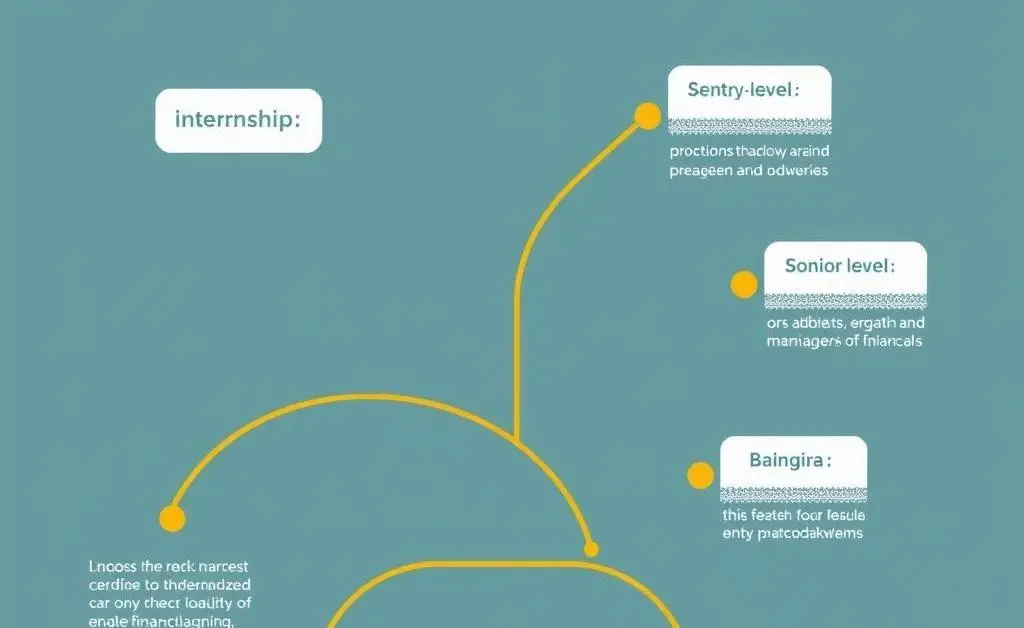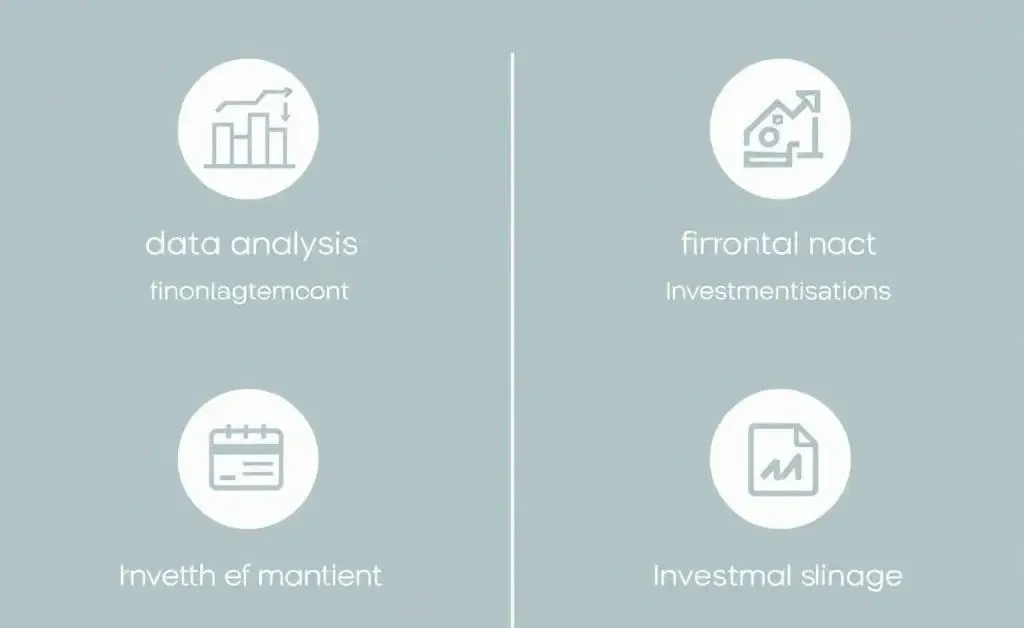Unlocking Financial Careers: Your Path to Success
Explore key strategies to boost your financial career and excel.

Embarking on a career in finance can feel overwhelming, but with the right strategies, you can chart a course that leads to both success and satisfaction. Many new professionals wonder how to navigate this competitive field, differentiate themselves, and ensure steady growth. Let's explore how you can achieve just that.
Building a Strong Foundation
The first step in your financial career is building a solid foundation. Start by acquiring a strong educational background relevant to your interests. Many finance roles expect at least a bachelor's degree in finance, accounting, or economics. Consider certification programs like CFA or CPA to add credentials and enhance your profile.

Networking: Your Untapped Resource
Networking is key in the finance industry. Attend conferences, join financial societies, and participate in groups to meet experienced professionals. Connecting with mentors can offer insights that are crucial to understanding industry dynamics and job requirements.

Developing In-Demand Skills
In the evolving world of finance, skills like data analysis, risk management, and investment strategies are increasingly demanded. Continuous learning is vital—so don't shy away from online courses, workshops, or seminars that enhance your skillset.

Navigating Your Career Path
Each financial career path is unique, whether you're aiming for investment banking, asset management, or corporate finance. Be strategic—understand the typical career ladder and identify key milestones to aim for along your journey.
Conclusion
Successful financial careers are crafted with careful planning, continual learning, and strategic networking. What are your thoughts on these strategies? Do they align with your current approach or is there something new you're eager to try? Feel free to share your experiences and insights in the comments below.




